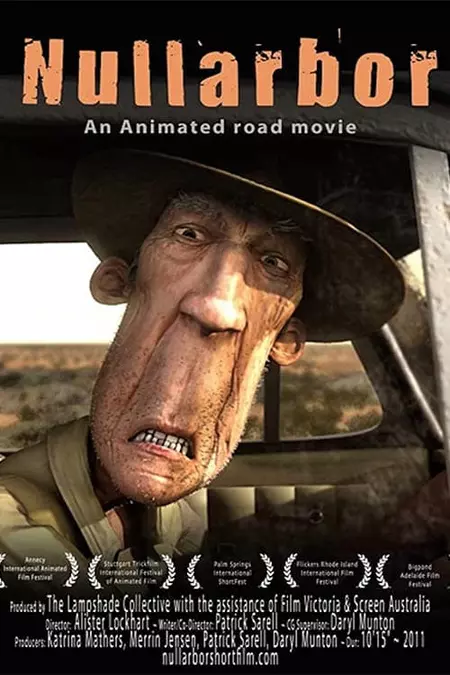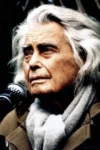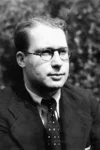Borinage (1934)
June 12, 1934Release Date
Plot.
Where to Watch.
Media.
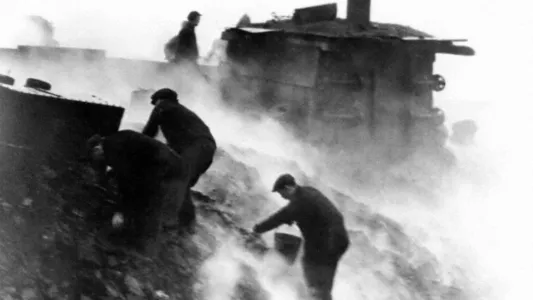
Details.
Release DateJune 12, 1934
Original NameMisère au Borinage
StatusReleased
Running Time36m
Genres
Last updated:
This Movie Is About.
Wiki.
Misère au Borinage (French pronunciation: [mizɛʁ o bɔʁinaʒ], lit. 'Poverty in the Borinage' or 'Penury in the Borinage'), also known as Borinage, is a 1934 Belgian documentary film directed by Henri Storck and Joris Ivens. Produced during the Great Depression, the film's theme is intensely socialist, covering the poor living conditions of workers, particularly coal miners, in the Borinage region of Hainaut Province in Belgium. It is considered a classic work of political cinema and has been described as "one of the most important references in the documentary genre".
Misère au Borinage was shot in black and white and is a silent film with intertitles in French and Dutch. It opens with a title card, bearing the slogan: "Crisis in the Capitalist World. Factories are closed down, abandoned. Millions of proletarians are hungry!" and shows footage of the repression of a 1933 strike in Ambridge, Pennsylvania in the United States. The film then shifts to the Borinage, an industrial region in Belgium's Hainaut Province, during and after the general strike of 1932. The majority of the film focuses on the plight of Borinage coal miners who have been evicted from their houses and made unemployed following their participation in the strike. It also shows the poor living conditions of the miners and their families. The film makes the argument that strike action could be justified by the poor conditions in which Belgian workers lived.
The film was made against the context of the Great Depression and premiered in Brussels in March 1934. According to Robert Stallaerts, Storck's work as director of Misère au Borinage justified his status as "father of Walloon cinema" even though he was actually Flemish.
In 2000, a new documentary was made about the Borinage as a tribute to Storck: "Les Enfants du Borinage - Lettre à Henri Storck".
You May Also Like.

The Twilight Saga: Breaking Dawn - Part 2 (2012)
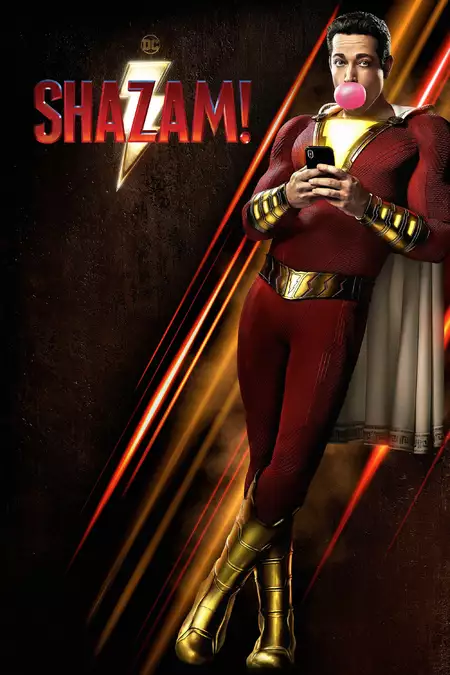
Shazam! (2019)

Escape Plan 2: Hades (2018)

Cloudy with a Chance of Meatballs 2 (2013)
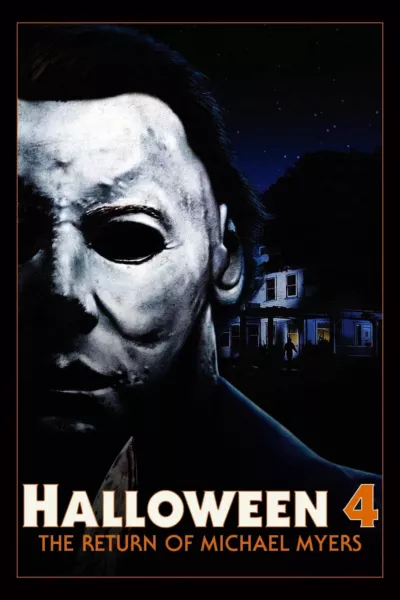
Halloween 4: The Return of Michael Myers (1988)
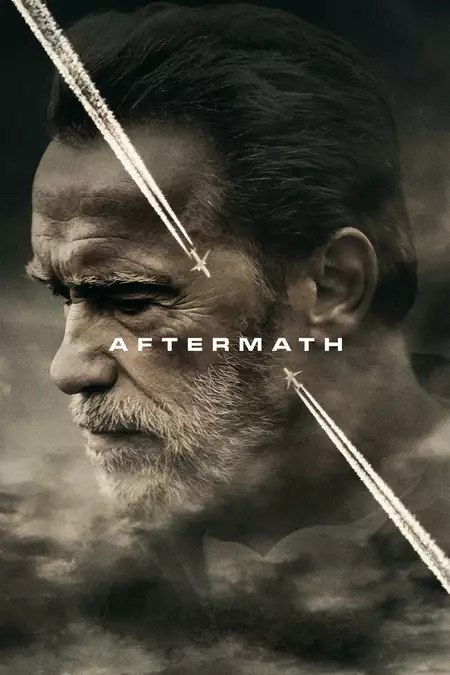
Aftermath (2017)

AVP: Alien vs. Predator (2004)
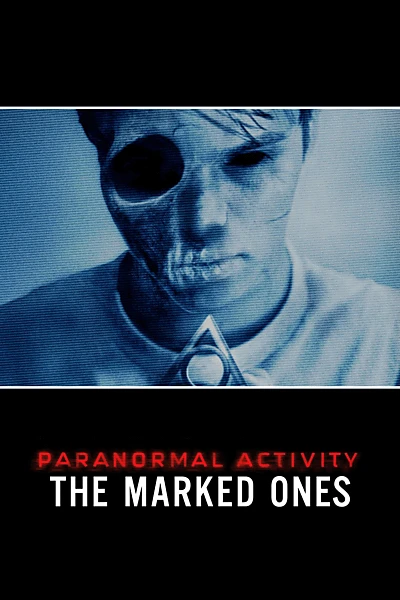
Paranormal Activity: The Marked Ones (2014)
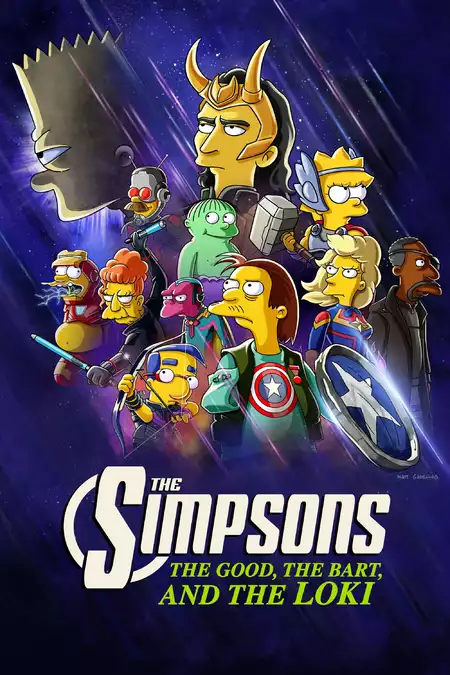
The Good, the Bart, and the Loki (2021)

About Elly (2009)

The Sun Is Also a Star (2019)
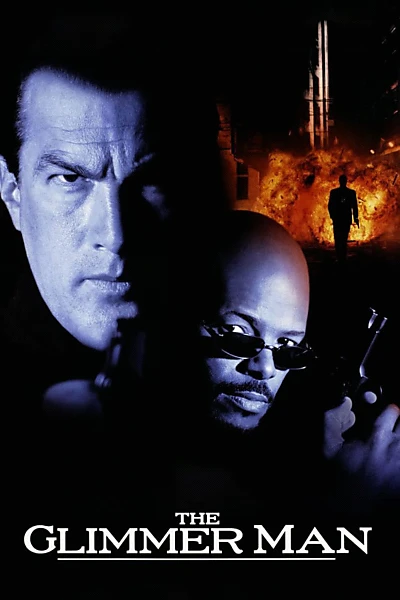
The Glimmer Man (1996)
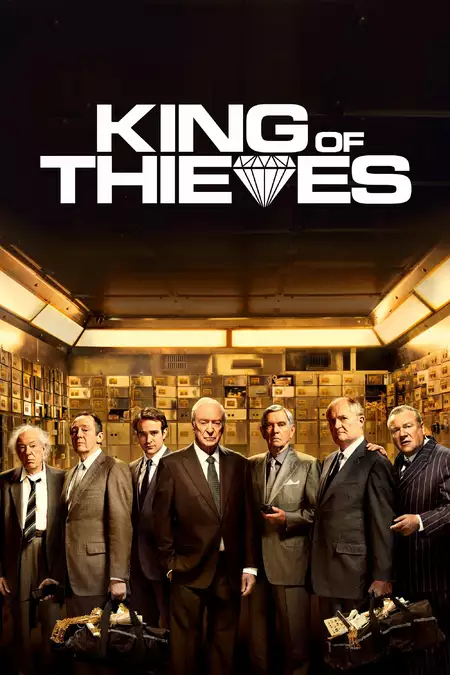
King of Thieves (2018)

Crypto (2019)
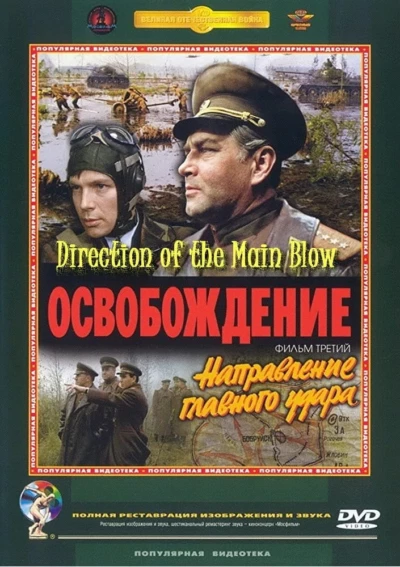
Liberation: Direction of the Main Blow (1970)

OLIVIA RODRIGO: driving home 2 u (a SOUR film) (2022)

Alien: Night Shift (2019)

Suck Me Shakespeer 2 (2015)

Paws, Bones & Rock'n'roll (2014)
